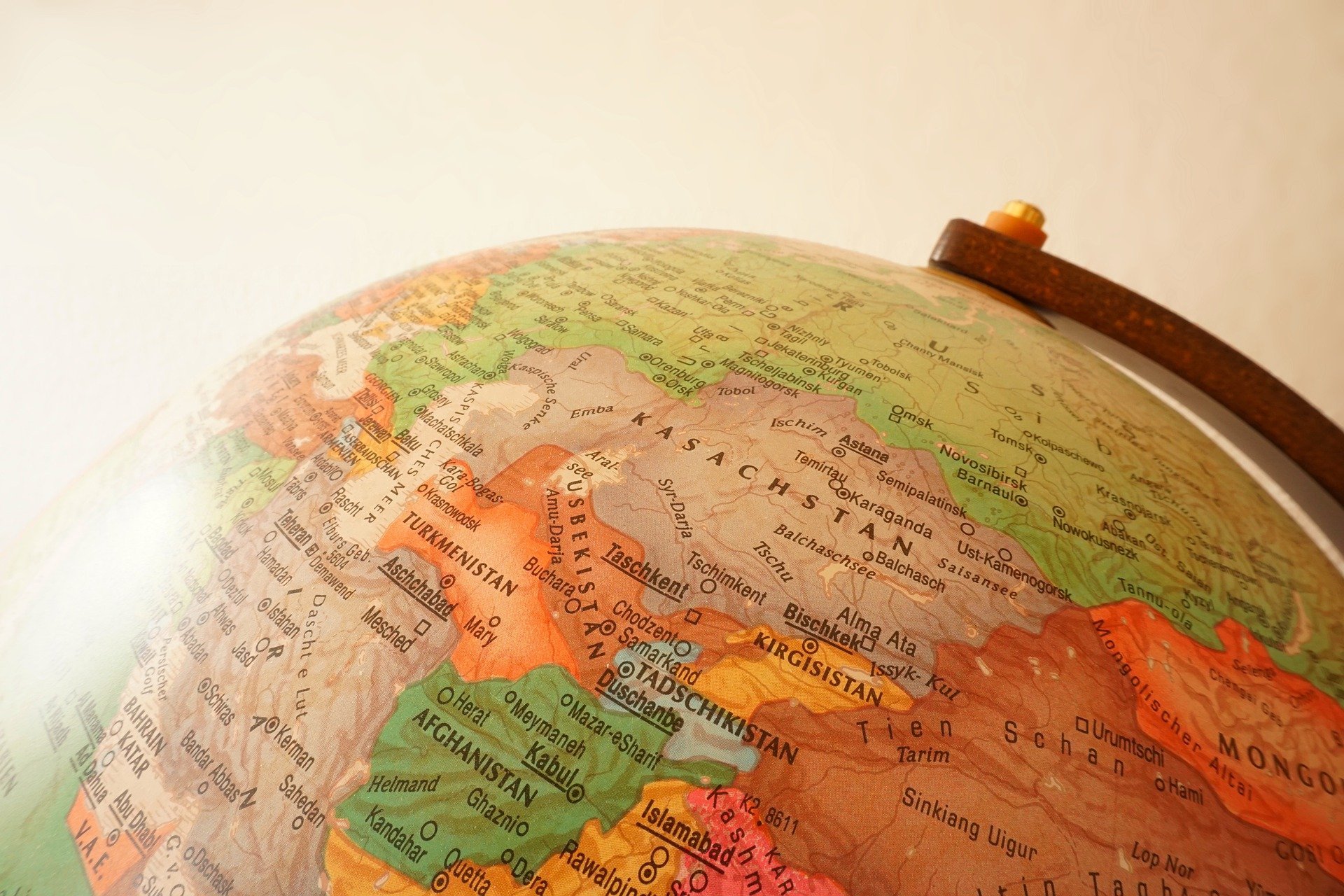The current security crisis in Europe lasts already for almost two months. It was ignited by the Russian government that embarked on an impressive military buildup along the border with Ukraine and supplemented it by a list of demands to NATO and the United States, effectively turning this list into an ultimatum. A host of observers attempting to predict the future events are trying to read the mind of Russian President Vladimir Putin, which is notoriously difficult, given his training in secret services.
Die Ukraine und ihre vielen Fronten
Es ist erstaunlich was sich seit November 2021 zwischen den USA, der NATO und ihren Verbündeten in Europa auf der einen Seite und Russland auf der anderen Seite abspielt. Selten wurde in Europa so offen über die Möglichkeit einer groß angelegten Invasion in einen europäischen Staat berichtet. Die massive Truppenaufstellung Russlands entlang der ukrainischen Grenzen lässt vor allem die USA eine bewaffnete Eskalation befürchten. Im Zentrum des Geschehens steht die territoriale Integrität der Ukraine, die sich seit 2014 in einem andauernden Konflikt mit Russland befindet. Es steht außer Frage, dass Russland 2014 völkerrechtswidrig die Halbinsel Krim annektiert hat und bewaffnete Separatisten im Osten des Landes unterstützt. Die Situation stellt für die Ukraine eine existenzielle Bedrohung dar, doch es wird viel über die Ukraine und nicht mit der Ukraine gesprochen.
The role of Georgia in the post-communist space and challenges small countries like Georgia are facing on a daily basis, being alone in a war against Russia
My comments at the Conference on the role of Georgia in the post-communist space and challenges small countries like Georgia are facing on a daily basis, being alone in a war against Russia. What is the key solution, to be pragmatic and wait for further development or is there any chance of improvements of relations?
Diplomacy is the only way to avoid a war with Russia
Once again, the peace in Europe is under serious menace. The conflict between Ukraine and its supporters in the West on the one hand, and Russia and its proxies in the eastern Ukraine on the other, risks degenerating into a devastating war. In the worst case it might potentially trigger even a nuclear exchange with Russia. Even short of such an apocalyptic scenario, a war in Europe would lead to a massive global crisis and thwart any serious multilateral action needed to tackle the truly existential threats of climate change and pandemics.
HAT DIE DEMOKRATIE VERLOREN ?
Nach dem Zusammenbruch des Sowjetimperiums und des europäischen Kommunismus war die Hoffnung groß, dass die Demokratie einen weltweiten Siegeszug antreten wird. Francis Fukuyama, ein prominenter Politikwissenschaftler hat das „Ende der Geschichte“ vorausgesagt: das kapitalistische System in Verbindung mit der liberalen Demokratie wird sich überall durchsetzen. In einem berühmt gewordenen Aufsatz meinte er, dass die liberale Demokratie den „Endpunkt der ideologischen Evolution der Menschheit“ und die „endgültige menschliche Regierungsform” darstellen könnte. In seinem nachfolgenden Buch hat Fukuyama allerdings, selbst Zweifel bekommen, ob die Menschen in einem solchen „endgültigen“ System Befriedigung erlangen könnten und ob nicht neue Konflikte auftreten werden.
Why the notion ‘post-Soviet’ is obsolete, and not only for the Baltic states
I have never used the notion “post-Soviet” when speaking about my country – the Republic of Latvia. My observations as a historian and as a diplomat force me to admit that common knowledge about the post-Second World War history usually connects the Baltic states with the Soviet Union and consequently the Baltic states are put into the basket of post-Soviet states. This interpretation is only partially correct and often confusing. In order to clarify it some facts have to be mentioned. The known expression “facta crescunt” - the facts proof - is applicable in this situation.
UKRAINE - ARE WE ALLOWED TO DREAM?
We do not know yet, if the Russian military and diplomatic “initiative” concerning Ukraine is leading to a war or if it paves the way towards a new East-West detente in Europe. Let us consider which changes would be necessary to avoid war and open the way towards peace. It would afford some drastic rethinking of European security by all sides, no doubt about it - but it could solve not only the Ukraine crisis and other current crises in and around Europe but open the way for a cooperation on important issues from global heath to climate policies.
2022: Das Jahr der drei Kriege?
Auch dieses Jahr wird kein friedliches sein. Einige internationale Medien spekulieren über drei mögliche – neue – Kriege. 2022 wird ohnedies die Fortsetzung des Krieges im Jemen sowie der Kämpfe im Osten der Ukraine, in mehreren Ländern Afrikas wie vor allem in Äthiopien bedeuten. Dennoch befürchten manche Kommentatoren drei weitere kriegerische Auseinandersetzungen, und leider sind sie nicht völlig unwahrscheinlich.
Is there a future for cooperation between the OSCE and China?
At first glance, there is little that connects China and the Organization for Security and Cooperation in Europe (OSCE). The Organization emerged as a platform for dialogue between East and West during the Cold War and was transformed into a permanent institution in 1995 with the main mandate to increase security based on a cooperative approach for its 57 participating States as well as for the more than one billion citizens living in those countries.











